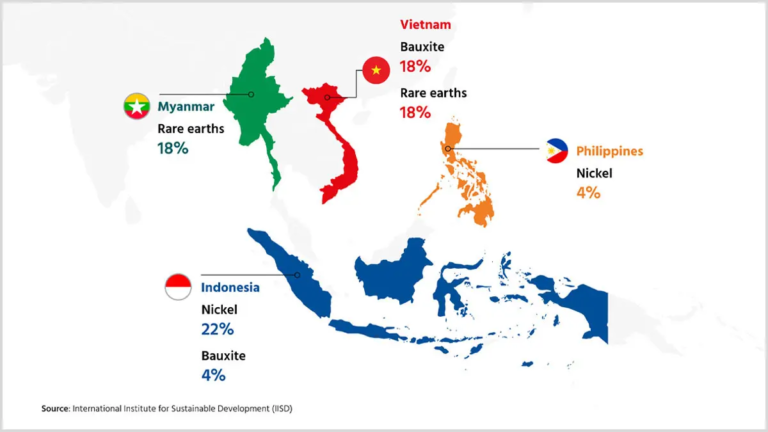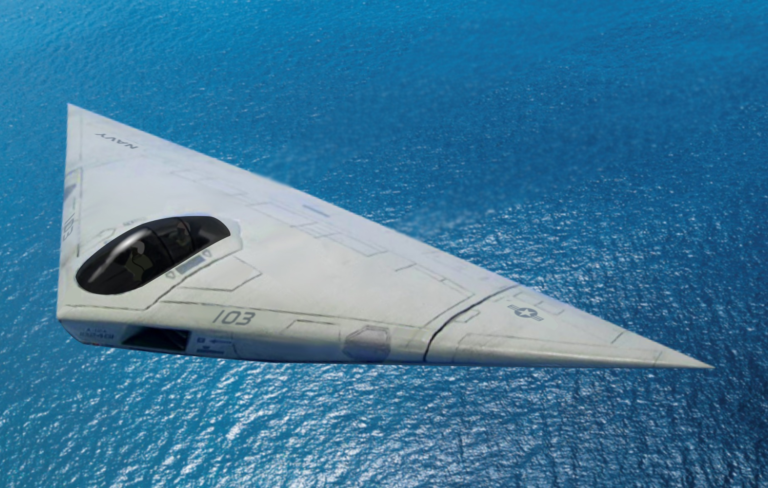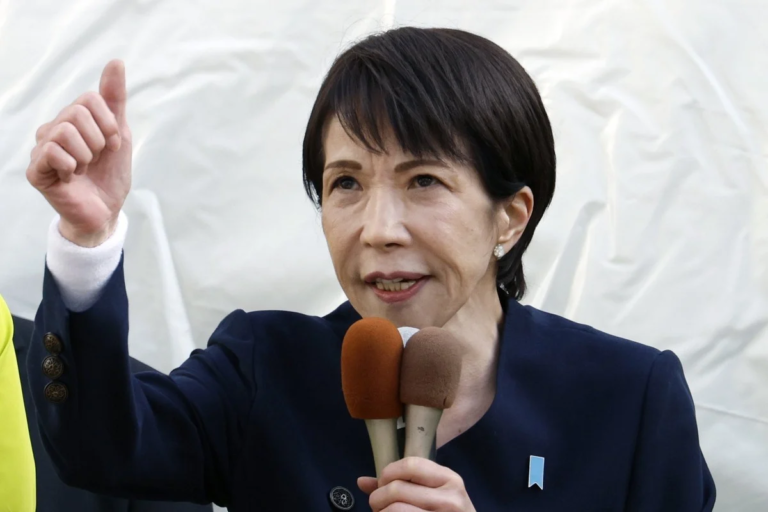
UK Foreign Secretary David Lammy slammed “dangerous and destabilising” activity by Beijing in the disputed South China Sea on Monday, following a weekend visit to the Philippines.
“We’re concerned about dangerous and destabilising activities by China in this region,” Lammy said in a video partly filmed alongside a vessel belonging to the Philippine Coast Guard, which has frequent tense confrontations with its Chinese counterpart.
“The Philippines is at the sharp end of this, facing frequent challenges to freedom of navigation and international law,” Lammy added.
“Growth in the UK and around the world depends on these trade routes being safe and secure,” Lammy said in the video shared on X.
China claims the strategically important South China Sea in nearly its entirety, despite an international ruling that its claims have no legal basis.
Beijing has deployed navy and coast guard vessels in a bid to bar Manila from crucial reefs and islands in the South China Sea, leading to a string of confrontations in recent months.
In a Saturday meeting with his Filipino counterpart Enrique Manalo, the UK and the Philippines signed a joint framework to boost defence and maritime cooperation.




